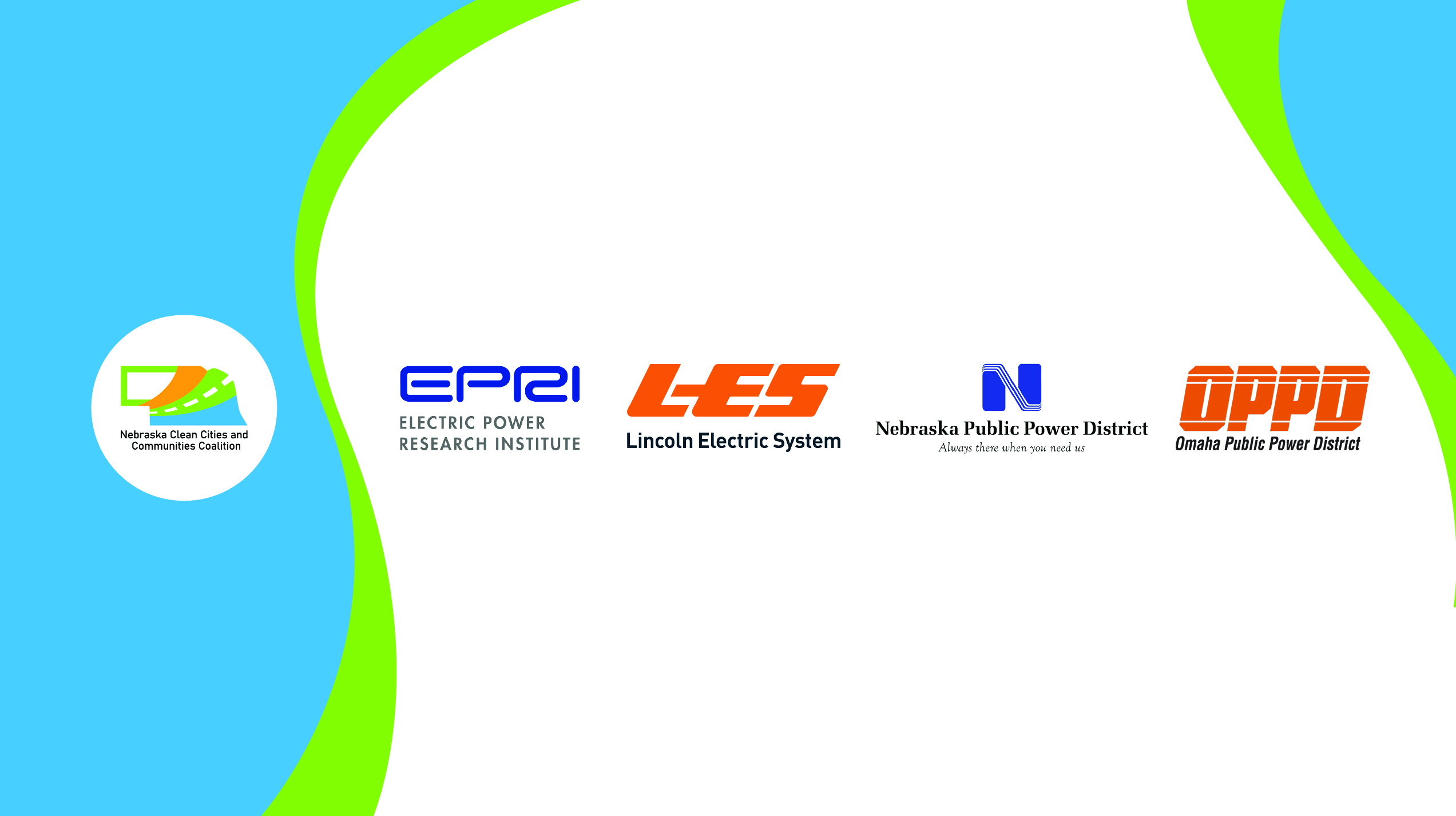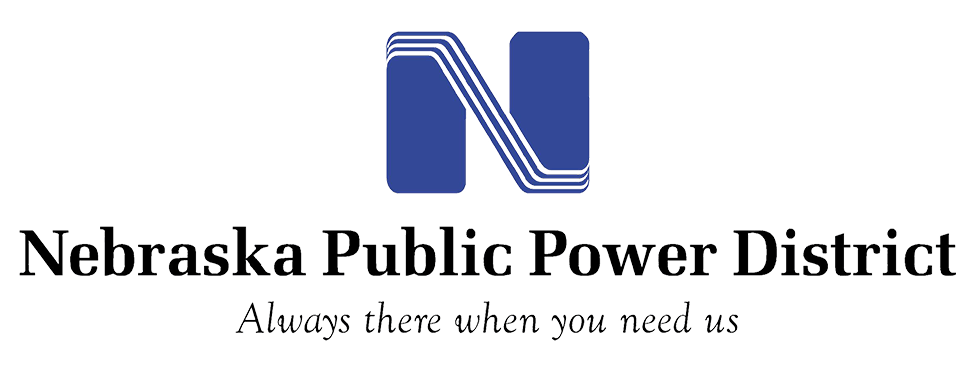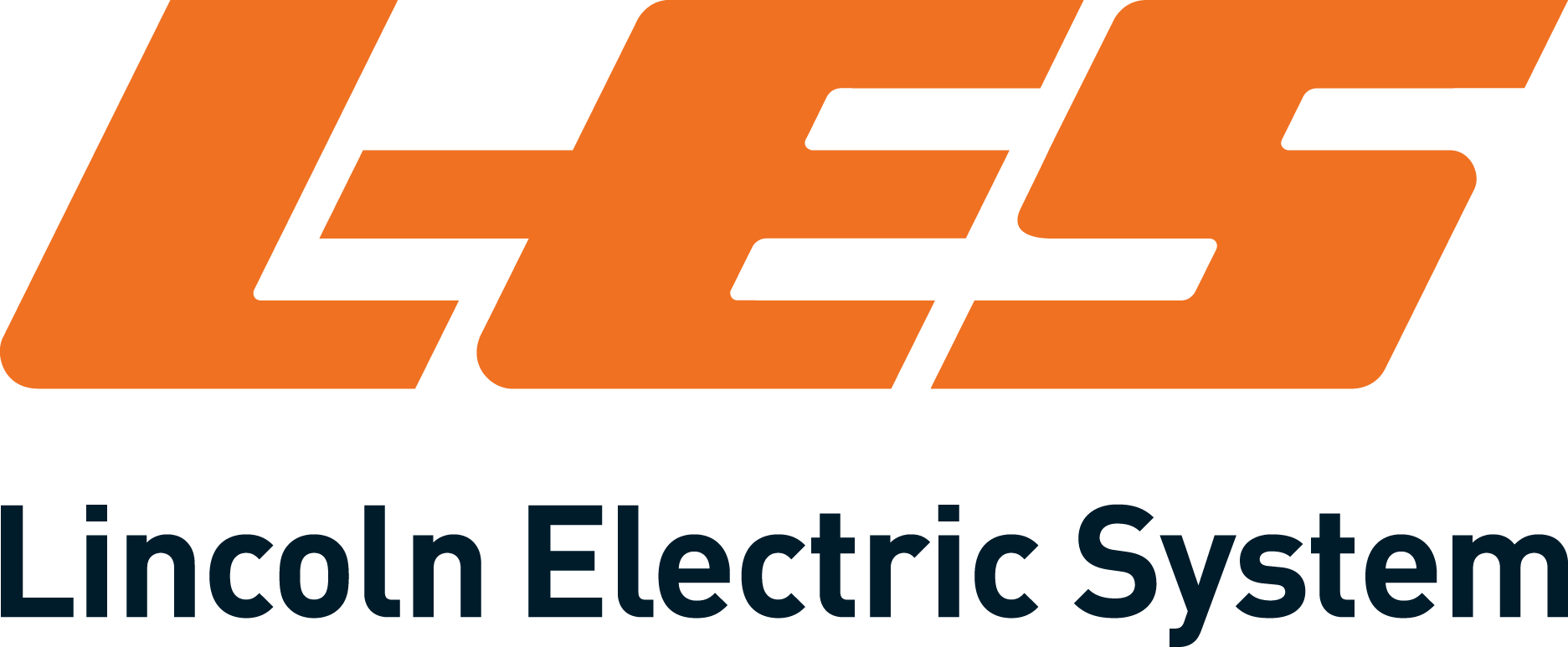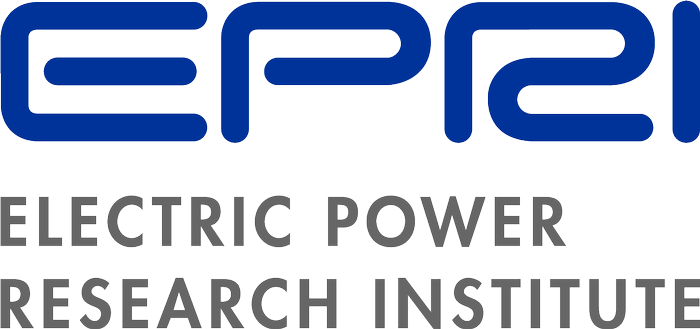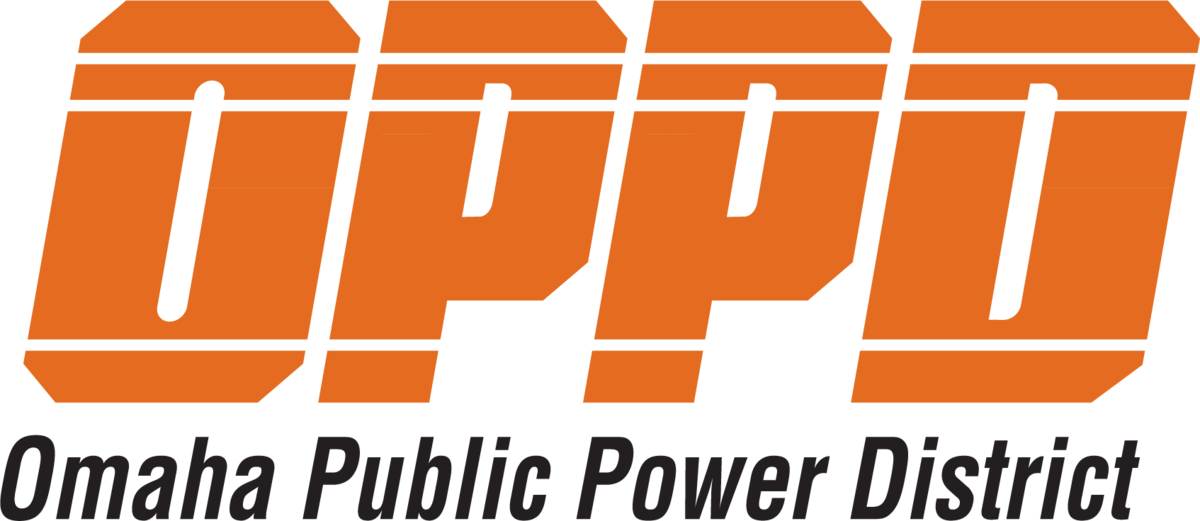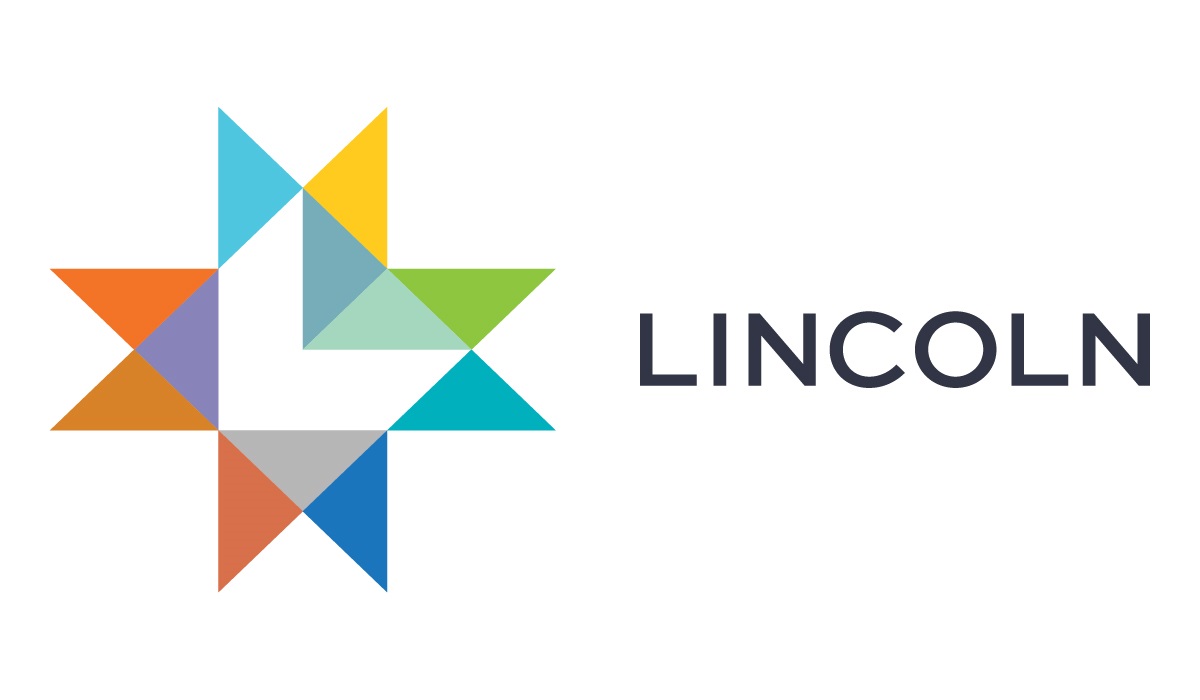Content
Get Plugged In: EV Infrastructure Planning for Small Fleets and Multi-Family Housing
In partnership with Nebraska Utilities Experts and Electric Power Research Institute
Thursday, September 4, 2025
On Thursday, Sept. 4 at 10 a.m. CDT, the panel discussion “Get Plugged In: Energization Planning for Small Fleets and Multi-Family Housing” was hosted by the Nebraska Clean Cities and Communities Coalition. We heard from Nebraska utilities experts from Lincoln Electric System (LES), Nebraska Public Power District (NPPD), and Omaha Public Power District (OPPD). Electric Power Research Institute (EPRI) also shared practical guidance for installing EV infrastructure and their energization roadmap.
Moderators included Kim Morrow, City of Lincoln Chief Sustainability Officer, and Madison Schmidt, with the Nebraska Clean Cities & Communities Coalition.
Presenters shared:
- Local electric vehicle forecast
- State fees & policy changes
- Battery & charging innovations
- Grid impact
- Practical guidance and energization roadmap
View all Questions and Answers
EPRI Reports & Tools
Technical Report
A Grid Connection Roadmap for Utilities to Support Small Electric Vehicle (EV) Customers
View ReportTechnical Report
Simplifying Utility Service Connections for Small Fleet and Multi-Family Housing Electric Vehicle Charging
View ReporteRoadMAP
A map designed to estimate the power and energy needs for electrifying transportation at the local level, covering light-, medium-, and heavy-duty vehicles.
View MapGridFAST
GridFAST is uniquely designed to enable the exchange of the information, expertise, and guidance needed to accelerate EV infrastructure energization.
GridFAST WebsitePresenters

Bridgett Petzoldt
Alternative Energy Solutions Product Manager, Omaha Public Power District
With over 25 years of experience in the utility industry, Bridgett Petzoldt brings a deep and diverse background spanning customer service, product development, program management, and customer experience. In her current role as Product Manager at Omaha Public Power District (OPPD), she leads several Alternative Energy Solution initiatives focused on advancing the electric utility market. Her primary area of expertise is Transportation Electrification, where she develops strategy and programs that support the adoption of electric vehicles across sectors. She is particularly focused on helping interested communities and businesses make the transition to electric.
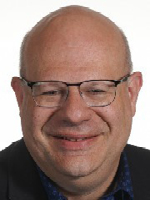
Marc Shkolnick
Manager of Energy Services at LES, & Nebraska Clean Cities and Communities Board Member
Marc Shkolnick has served as Manager of Energy Services for Lincoln Electric System since June of 2007. The department is charged with providing comprehensive customer support and consultation for the city of Lincoln’s industrial, commercial, governmental and residential customers. His team is also responsible for administering the utility’s energy efficiency, demand response, customer-owned renewables and emerging technology programs.
Marc previously spent 14 years in the alumni relations profession, serving for two-and-half years as Executive Director of the Colorado State University Alumni Association and as Associate Executive Director of the University of Nebraska Alumni Association for 11 years.
An Omaha native, Marc holds Bachelor of Science in Education and Master of Education Administration degrees from the University of Nebraska-Lincoln. He currently serves as a member of the Electric Power Research Institute’s Electric Vehicles Advisory Council, past president of the Lincoln Center Kiwanis Club and as secretary of Big Gumdrop Outdoors, an organization dedicated to providing urban youth with outdoor experiences.

Katherine Stainken
Technical Leader, EPRI
Katherine is a Technical Leader at EPRI and works on a variety of issues and tools under the EVs2Scale 2030 Initiative and on EPRI’s ET team. Prior to this role she was the VP Policy at the Electrification Coalition, and the Director of Policy at Plug in America, where she led and managed the policy teams at federal and state levels, including legislative and regulatory policies. She is a Fulbright Scholar with a BS in Chemistry and German from Boston College and has her Masters in Global Environmental Policy from American University.
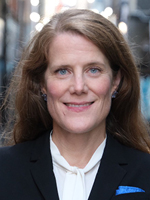
Jennifer Robinson
Research Portfolio Manger, EPRI
Jennifer has served as a Research Portfolio Manager at the Electric Power Research Institute (EPRI) for over 17 years. She coordinates the socialization and publication of new research across six energy end-use research programs to maximize collaboration opportunities. The six research programs include: electric transportation, electrification, customer technology, customer research, advanced buildings, and power quality.
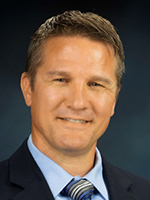
Chad Pinkelman
Program Manager – Electrification & Industrial Energy Solution, Nebraska Public Power District
Chad Pinkelman has been with Nebraska Public Power District since 2008. His current position is a Program Manager – Electrification & Industrial Energy Solutions. In this position, he is NPPD’s subject matter expert on Electric Vehicles and manages the charging station incentive program. He also assists industrial business with electrification and energy efficiency. His first position with NPPD was as a Distribution and Sub-Transmission Planning Engineer. Chad has a Master of Science in Electrical Engineering (M.S.E.E.) from University of Nebraska-Lincoln.

Jennifer Bangert
Energy Services Specialist, Lincoln Electric System
Jennifer Bangert is an Energy Services Specialist at Lincoln Electric System, a position she has held since 2017. Her primary responsibilities consist of coordinating and facilitating programs and services that assist small and medium-sized business customers. She also assists with developing, administering, promoting & evaluating the utility’s energy efficiency programs and serves as the utility’s primary contact for emerging customer technologies including electric vehicles, storage, and home energy management systems.
Before stepping into her current role, Jennifer spent 7 years as a GIS/CAD Technician and 5 years as an Engineering Designer, all at LES. With nearly 20 years at the utility, she brings a deep understanding of the organization and a strong commitment to helping customers navigate the evolving energy landscape.
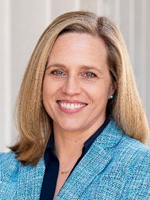
Kim Morrow
Chief Sustainability Officer, City of Lincoln
As Chief Sustainability Officer for the City of Lincoln, Kim is spearheading the transition to a climate-smart future. She leads and coordinates diverse initiatives focused on decarbonization and climate resilience to create a more equitable, prosperous, and environmentally healthy community—making Lincoln an even better place to call home. Kim previously worked as a sustainability consultant, helping cities and organizations achieve carbon emissions reduction goals. Her experience also spans the non-profit sector, higher education, and faith-based organizations, where she has consistently worked to develop more sustainable communities.
Her expertise includes strategies to achieve organization-wide and community-wide emissions reduction goals, including vehicle electrification and biofuel integration into fleets. She has experience with greenhouse gas analysis, energy efficiency programs, renewable electricity, biochar production, and climate resilience, all from an equity lens of maximizing benefits to disadvantaged communities.
Q&A
Questions for Utility Experts
Q: What is Housing and Urban Development's program that allows EV charger installation?
A: HUD's program is it's Rental Assistance Demonstration (RAD) program. It allows for public housing authorities and property owners to finance EV charger installations.
Q: What is the loan program available to Nebraskans?
A: Nebraska Energy Office Dollar and Energy Savings Loan program offers low-interest loans (5% or less) of up to $500,000 for alternative fuel projects - including construction and equipment.
Questions for EPRI
Q: If customers use GridFAST, how will the utility know about their plans?
A: When customers are ready, you share the project with the utility. You are first matched with the utility, then there is the exchange of capacity information. Eventually, when the customer is ready, the official service request can be submitted - not just the project "shared."
Q: Is the matching with a utility on GridFAST done manually?
A: The GridFAST tool uses datasets to match the customers with the appropriate utility contact. When there isn't an appropriate utility on GridFAST, there is a manual concierge team behind the tool that makes the connection between customer and utility. For larger customers, like FedEx and US Foods, that have hundreds of sites around the country, being matched with a utility saves a lot of time.
Q: Could you compare GridFAST with other available tools like Xendee, Sandia MDT, etc.?
A: The tool isn't so much to help you design or engineer the site, but it's to capture the pending loads for the utility, so that the projects and tends can be captured into distribution planning processes, scenario planning, etc.
Q: Is GridFAST modulable (open-access) so users can add new addons to the software? e.g., local climate, ect.
A: At this point in is not modulable, but the project is just getting started and that's part of the conversation EPRI wants to have with partners. As the tool evolves, it may expand to include customizable default information such as local climate, vehicle being considered, battery size, etc.
